A baby's inconsolable crying can be a heartbreaking experience for any parent. When this crying persists for hours for no apparent reason, it can be especially disconcerting and distressing. This situation is commonly referred to as infant colicWhile it can be challenging, it is important to remember that you are not alone and that there are strategies to manage it. Today from the Physiotherapy and Osteopathy Clinic Fisio Camacho we give you some advice.
What is infant colic?
The infant colic is characterised by episodes of intense and prolonged crying in apparently healthy, well-nourished infants. It usually begins during the first weeks of life and peaks around six weeks of age, gradually decreasing by three to four months of age. Affected babies may cry inconsolably for hours, often in the late afternoon or evening.
Causes of infant colic.
Although there is no single, definitive cause for the infant colicSeveral theories have been proposed to explain this phenomenon:
Digestive problems: Some experts suggest that the infant colic may be related to digestive problems, such as gas or intestinal colic.
Overstimulation: Babies are particularly sensitive to their environment, and overstimulation, such as loud noises or bright lights, can trigger crying episodes.
Changes in maternal diet: In some cases, certain foods consumed by the mother during breastfeeding may cause irritability in the baby through breast milk.
Immaturity of the nervous system: It is believed that the immaturity of the baby's nervous system may make them more prone to colic.
How to manage infant colic.
If your baby is experiencing colic, here are some strategies you can try to help ease their discomfort:
Movement: Many babies find comfort in movement. Try walking with your baby in your arms, rocking him or her gently, or riding in a pram.
Warm baths: A warm bath can help relax the baby's muscles and soothe his crying.
Abdominal massage: Gently massaging the baby's abdomen in a clockwise direction can help relieve digestive discomfort.
Patient and calm: Stay calm and remember that your baby's crying is not your fault. Taking short breaks to take care of yourself is also important. Call your trusted physiotherapist or paediatrician and ask when you can go to see him or her with your baby so that he or she can help your little one with this small inconvenience.
Changes in diet: If you are breastfeeding, you can try eliminating certain foods from your diet that may be causing your baby discomfort. Consult your paediatrician if you are formula feeding.
Consult a professional: If the crying persists or if you are concerned about your baby's health, don't hesitate to consult a paediatrician. They can provide additional guidance and rule out any underlying medical problems.
The infant colic can be a challenging experience for both babies and their parents. However, it is important to remember that this phase will eventually pass and that there are strategies available to help ease the baby's discomfort. Stay calm, be patient and remember that you are not alone. With time and the right support, your baby will get through this phase and you can enjoy calmer times together. At Physiotherapy and Osteopathy Clinic Fisio Camacho we are specialists in infant colic, we take care of your baby. Make an appointment at any of our clinics:
- Edificio Torremares , Local 2-B. (in front of Hotel Poseidón) La Manga del Mar Menor
- Pl. Castellini, Nº 12 - 1ºB, Cartagena
Or call us on 673 89 67 63




